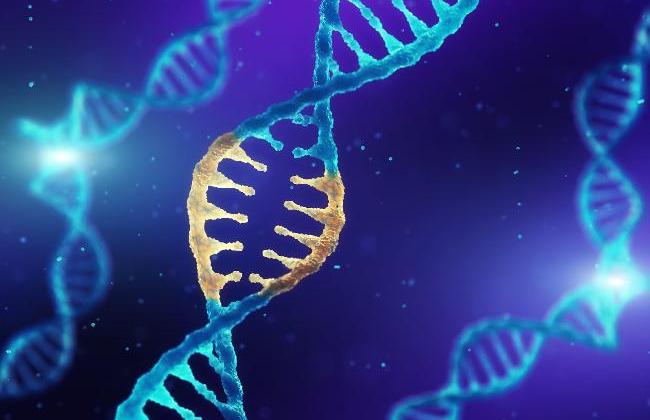First Gene Editing Medicine Based on CRISPR/Cas Genetic Scissors Receives Authorisation Recommendation
The Committee for Advanced Therapies (CAT) at the European Medicines Agency (EMA), responsible for the evaluation of gene and cell therapies, has recommended the conditional marketing authorisation of the medicinal product Casgevy (exagamglogene autotemcel). The recommendation from the Committee for Advanced Therapies was endorsed by the Committee for Medicinal Products for Human Use (CHMP). It is the first medicinal product whose production uses gene editing technology in selected body cells with the help of the CRISPR/Cas genetic scissors. The authorisation is intended to apply to the treatment of transfusion-dependent beta thalassemia and severe sickle cell disease in patients from the age of twelve and older. On 9 February 2024, the EU Commission granted conditional marketing authorisation for Casgevy, following the recommendation of the CHMP.

Beta thalassemia and sickle cell disease are both inherited rare diseases. They are caused by genetic mutations that affect the production or function of haemoglobin. Haemoglobin, also known as red blood pigment, is a protein that transports oxygen throughout the body. Its functions are impaired in patients suffering from the aforementioned diseases. The new gene therapy can free patients from the burden of frequent blood transfusions and episodes known as vaso-occlusive crises (pain crises).
Medicinal Products Based on CRISPR/Cas Gene Scissors
The medicinal product recommended for authorisation is a cell-based gene therapy produced individually for each patient using CRISPR/Cas technology, in which a patient's own blood stem cells are genetically modified in cell culture at a manufacturing site. It is a personalised, one-off treatment in which the stem cells that have been functionally corrected using CRISPR/Cas technology are returned via infusion to the same patient from whom they were taken.
CRISPR stands for Clustered Regularly Interspaced Short Palindromic Repeats. CRISPR/Cas gene editing involves the alteration of a specific DNA sequence in the stem cell genome. The new gene therapy edits blood stem cells on the BCL11A gene, allowing the production of foetal haemoglobin, which is formed instead of adult haemoglobin that is missing or defective, to take place in the stem cells and differentiated cells arising from these stem cells in the body.
Conditional Authorisation and Long-Term Follow-Up
The recommendation for conditional authorisation made by the Committee for Medicinal Products for Human Use (CHMP) to the EMA is based on the preliminary results of two ongoing clinical trials, taking into account the entire clinical development program of the gene therapy. The Committee for Advanced Therapies, CAT, and the CHMP have proposed a conditional marketing authorisation to the European Commission, according to which the marketing authorisation holder must fulfil a number of further conditions and take measures even after authorisation. These measures will test the safety and efficacy of the medicinal product in a larger patient population. Patients treated with the medicine will also be followed up for 15 years to monitor the long-term efficacy and safety of the gene therapy.



